Will Corrosion Drain Car Battery?
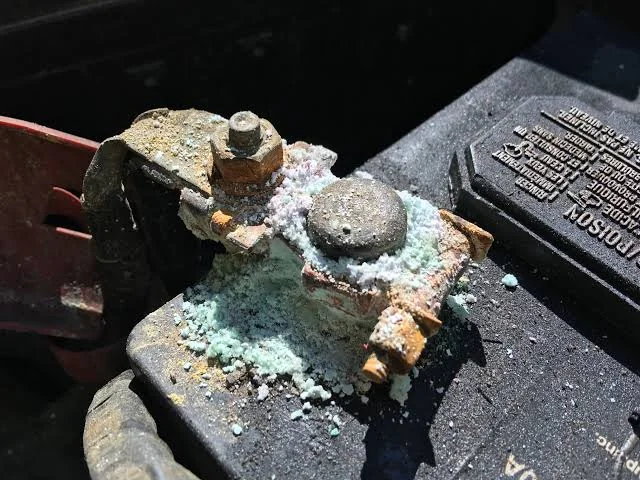
Yes, corrosion can drain a car battery, but not in the way you might think. Corrosion on battery terminals creates electrical resistance and poor connections, which can lead to reduced battery performance, difficulty starting the car, and in some cases, a slow drain of the battery over time.
🔋 What Is Battery Corrosion?
Battery corrosion typically appears as a white, bluish, or greenish powdery substance on the battery terminals. This happens due to chemical reactions between battery acid (electrolyte) and the metal terminals—especially when the battery is aging or overcharging.
⚠️ How Corrosion Affects Your Battery
1. Interrupts Power Flow
Corroded terminals can interfere with the flow of electricity, causing voltage drops and making your car harder to start.
2. Causes Parasitic Drain
In rare cases, severe corrosion can create unwanted electrical paths, which may result in parasitic battery drain, slowly depleting the battery even when the car is off.
3. Damages Battery and Electrical System
Left unchecked, corrosion can damage the battery posts, cables, and even the alternator, leading to early battery failure or erratic electrical issues.
🧽 How To Clean Battery Corrosion
You can clean battery terminals safely with common household items:
Materials:
- Baking soda
- Water
- Toothbrush or wire brush
- Gloves and safety glasses
Steps:
- Disconnect the negative cable first, then the positive.
- Mix baking soda with water to form a paste.
- Scrub corrosion off the terminals using the brush and paste.
- Rinse with water and dry.
- Reconnect the cables—positive first, then negative.
Optional: Apply petroleum jelly or a terminal protectant to prevent future buildup.
🔁 How to Prevent Battery Corrosion
- Check battery regularly for signs of buildup.
- Use anti-corrosion washers or sprays on terminals.
- Make sure your battery is charging properly (not overcharging).
- Tighten battery cables to avoid arcing or poor connection.
❓ FAQs
Q: Can corrosion kill a new battery?
A: Yes, if severe enough, corrosion can interfere with charging and discharging, shortening the battery’s lifespan even if it’s new.
Q: Is corrosion more common in hot or cold weather?
A: Corrosion is more common in hot climates, where higher temperatures accelerate the chemical reactions inside the battery.
Q: Should I replace a battery with corroded terminals?
A: Not necessarily. If the corrosion is minimal and the battery is otherwise healthy, cleaning the terminals is often enough.
✅ Conclusion
Corrosion can indirectly drain your car battery by causing poor connections, increased resistance, and even parasitic drain. Regular inspection and maintenance of your battery terminals can prevent these issues, keep your electrical system running smoothly, and extend battery life.
Also Check:
• Will Cold Weather Kill a Car Battery?
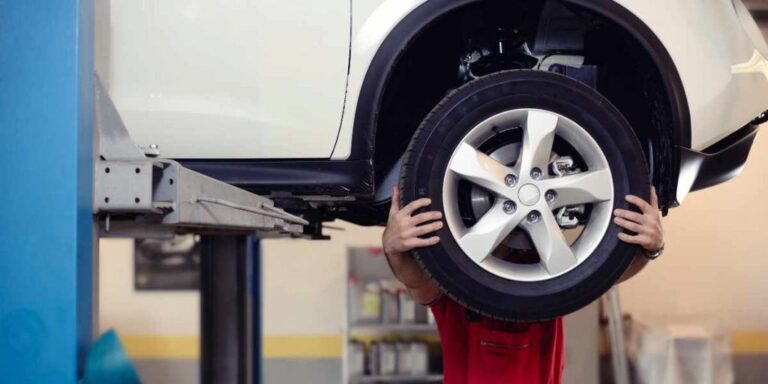

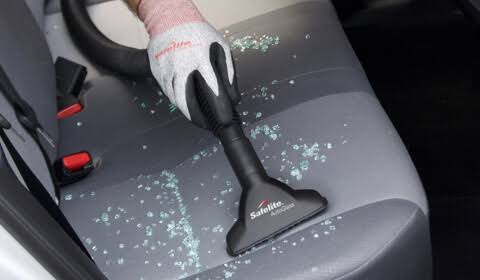
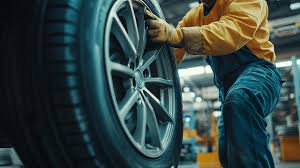
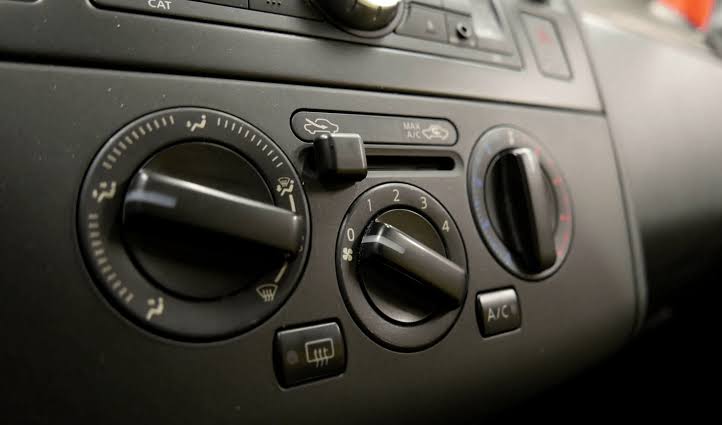
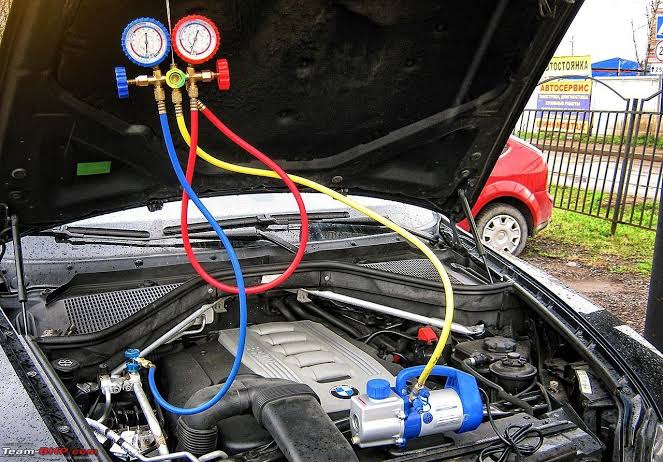
2 Comments